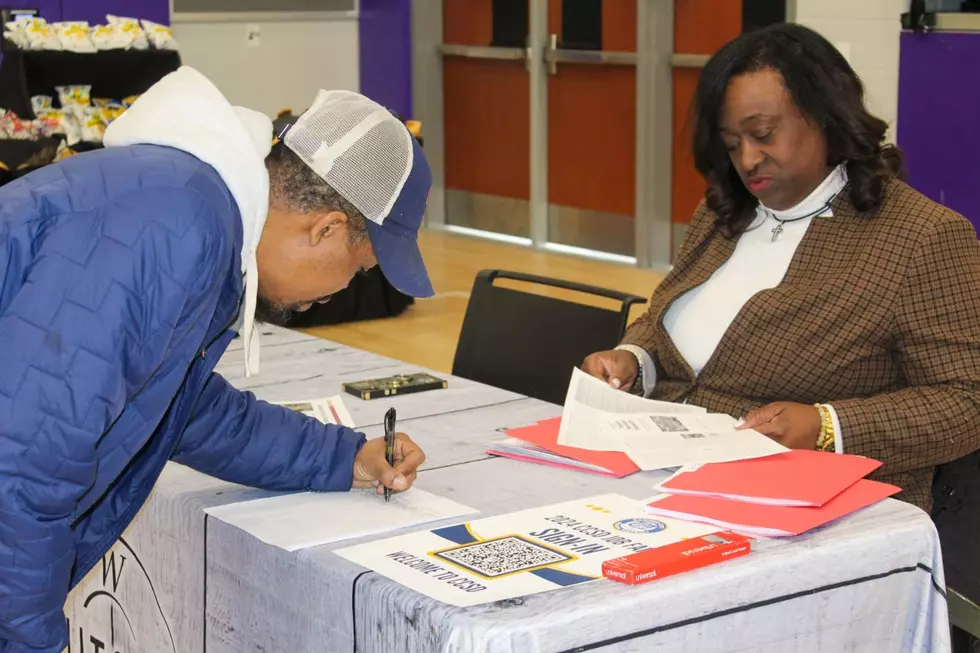
Are you more likely to get addicted? Unique opioid study launched in NJ
CAMDEN — Capping off New Jersey's deadliest year of the opioid epidemic, a first-of-its-kind study has been launched to get a better grasp on the genetic and biological factors that may make some people more likely than others to get hooked.
Researchers hope the work will end up saving lives.
"We are experts in personalized medicine and we wanted to apply that to a crucial health problem," said Stefan Zajic, principal research scientist with the Coriell Institute for Medical Research.
The Camden-based institute, in partnership with Cooper University Health Care and the Cooper Medical School of Rowan University, has announced plans to study individuals at each level of the opioid use disorder spectrum, including those whose addiction has come to a tragic end.
"We're starting what's called a biobank, which is a collection of samples and data from people who've actually died from opioid overdose," Zajic said. "In that study, were collecting blood and brain samples."
With the help of the county and state medical examiner's office, researchers would attempt to obtain consent from next of kin.
The team has also established a pair of studies that will analyze individuals with chronic pain, who may just be getting involved with prescription medication, as well as individuals receiving medication-assisted treatment for addiction.
"While Cooper has designed innovative clinical programs to combat opioid addiction, we believe this research will lead to the development of new weapons to aid our clinicians in the fight against this costly epidemic," said Anthony Mazzarelli, co-president of Cooper University Health Care.
As of Dec. 2, New Jersey has seen 2,900 overdose deaths in 2018. The state recorded 2,750 overdose deaths in 2017.
It's well established that genetics can play a substantial role in addiction, Zajic noted, but non-genetic factors, such as life events or the environment in which one lives, can also contribute to the problem.
The research should begin in 2019 and run until at least the middle of 2021.
More from New Jersey 101.5:
Contact reporter Dino Flammia at dino.flammia@townsquaremedia.com.
More From New Jersey 101.5 FM









